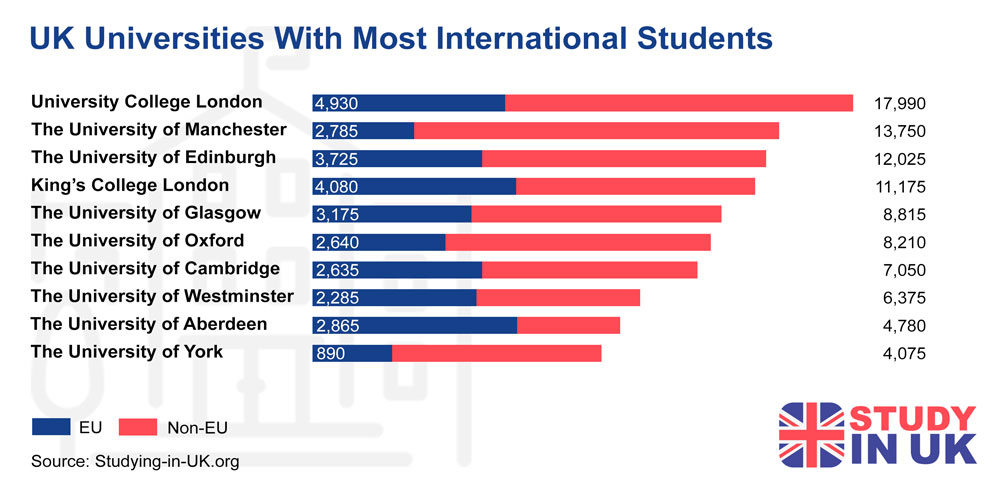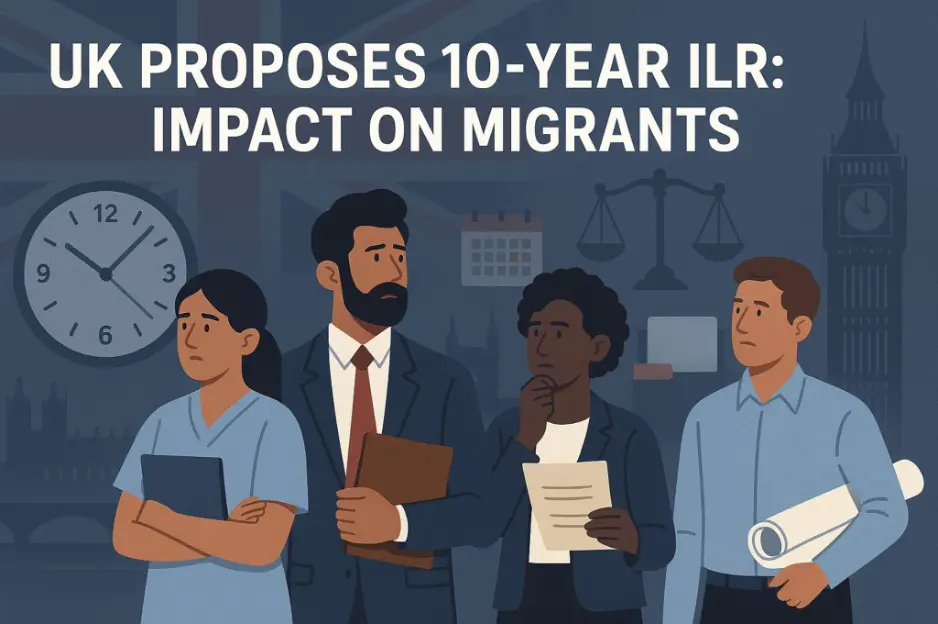Introduction: The Immigrant Journey in the UK
The United Kingdom has long been a beacon for immigrants seeking opportunity, education, and a new beginning. In 2024 alone, the UK issued over 485,000 visas to international students, skilled workers, and family members, reflecting its status as a global hub. Yet, the journey of immigration is layered with complexity—visa applications, policy shifts, cultural adjustments, and personal triumphs. This article delves into the multifaceted world of immigration, weaving together practical guidance, personal stories, and insights into the UK’s evolving policies. From navigating visa processes to embracing cultural integration, immigrants face both challenges and opportunities as they build new lives.
Understanding UK Visa Processes
The UK’s immigration system is a labyrinth of categories, requirements, and deadlines. The most common visa types include the Skilled Worker Visa, Student Visa, and Family Visa, each with distinct eligibility criteria. For instance, the Skilled Worker Visa requires a job offer from a licensed sponsor and a minimum salary threshold, currently set at £38,700 for most roles. International students, who made up 37% of visa issuances in 2024, must secure a place at a recognized institution and prove financial stability.
Applying for a visa begins with gathering documentation—passports, financial statements, and proof of English proficiency, often via tests like IELTS. The process can take weeks to months, with costs ranging from £719 for a Student Visa to £1,552 for a Skilled Worker Visa. Applicants are advised to double-check their submissions, as errors can lead to delays or rejections. For example, in 2023, 12% of visa applications were refused due to incomplete paperwork.
“I spent weeks preparing my documents, only to realize I’d missed a single bank statement. It delayed my Student Visa by a month,” says Aisha, a Nigerian student at the University of Manchester.
Practical tip: Use the UK government’s online visa checker tool to confirm eligibility and create a checklist to avoid missing documents. Early preparation can save time and stress.
Recent Policy Changes
The UK’s immigration policies are dynamic, often shifting with political and economic tides. In 2025, the Home Office introduced stricter measures for international students, including text message warnings to prevent visa overstays, as reported by The PIE News. These reminders target students whose visas are nearing expiration, urging them to either leave the UK or apply for an extension. Non-compliance can result in penalties, including bans on re-entry for up to five years.
Another significant change is the tightening of the Graduate Visa route, which allows students to stay and work in the UK for two years post-graduation. In 2024, the government reduced the number of dependents students can bring, impacting 140,000 applicants. These changes reflect the UK’s balancing act between attracting global talent and managing immigration levels.
“The text warnings were a wake-up call. I hadn’t realized my visa was expiring so soon,” shares Priya, an Indian graduate in London.
Practical tip: Set calendar reminders for visa expiration dates and consult immigration advisors at universities or firms like Fragomen for guidance on extensions.
Challenges Immigrants Face
Immigration is not just paperwork—it’s a life-altering transition. Many immigrants face financial strain, cultural shock, and social isolation. The cost of living in the UK, particularly in cities like London, can be daunting. A single room in a shared flat averages £800 per month, and groceries for one person can exceed £200. For low-income immigrants, these expenses can feel insurmountable.
Language barriers also pose challenges, even for those proficient in English. Regional accents, slang, and workplace jargon can make communication tricky. For instance, a 2024 survey by the Migration Observatory found that 28% of non-native English speakers felt excluded in professional settings due to language nuances.
Social integration is another hurdle. Immigrants often struggle to build community in a new country, especially in rural areas with less diversity. Loneliness affects 1 in 3 immigrants during their first year, according to a 2025 study by the British Red Cross.
“I felt invisible at first. No one understood my accent, and I didn’t know how to join local groups,” recalls Javier, a Spanish nurse in Birmingham.
Practical tip: Join local community groups or online platforms like Meetup to connect with others. Many universities and councils offer free language workshops to ease communication barriers.
Cultural Integration: Embracing the UK Way
Adapting to British culture is a blend of learning unwritten rules and celebrating diversity. The UK is a melting pot, with 14% of its population born abroad, yet cultural norms like queuing, politeness, and pub culture can feel foreign. For example, small talk about the weather is a British staple, but it can confuse newcomers expecting deeper conversation.
Food is a gateway to integration. Immigrants often find comfort in sharing their cuisine while exploring British staples like fish and chips or Sunday roasts. Festivals like Diwali, Eid, and Chinese New Year are celebrated widely, offering opportunities to connect. In 2024, London’s Diwali festival drew 50,000 attendees, showcasing the UK’s embrace of multiculturalism.
Workplace culture also requires adjustment. British professionalism emphasizes punctuality, indirect communication, and teamwork. Immigrants from hierarchical cultures may find the flat structure of UK workplaces surprising. A 2025 report by the CIPD noted that 65% of immigrant workers adapted to these norms within six months through mentorship programs.
“I learned to love tea breaks. It’s how my colleagues bonded, and it helped me feel included,” says Mei, a Chinese software engineer in Bristol.
Practical tip: Observe local customs, like offering a cuppa during meetings, and participate in workplace social events to build rapport. Cultural exchange groups, such as those hosted by the British Council, can also ease the transition.
Success Stories: Immigrants Making Their Mark
Despite challenges, countless immigrants thrive in the UK, contributing to its economy and culture. Take Amara, a Syrian refugee who arrived in 2018 with limited English. After enrolling in a community college, she secured a nursing degree and now works at an NHS hospital in Leeds. Her story reflects the resilience of many who turn adversity into opportunity.
Similarly, Vikram, an Indian tech entrepreneur, leveraged the UK’s Start-Up Visa to launch a fintech company in 2023. His firm now employs 20 people and has raised £2 million in funding. “The UK gave me a platform to dream big,” he says.
These stories highlight the UK’s appeal as a land of possibility. In 2024, immigrants contributed £20 billion to the economy, with sectors like healthcare, tech, and education relying heavily on their skills.
“I never thought I’d own a business here, but the support from local incubators made it possible,” Vikram shares.
Practical tip: Explore government programs like the UK Innovator Founder Visa for entrepreneurs or NHS training schemes for healthcare professionals to unlock opportunities.
Legal Guidance: Staying Compliant
Navigating UK immigration law is critical to avoid pitfalls. Overstaying a visa, even unintentionally, can lead to severe consequences, including deportation. The Home Office’s 2025 text warning system, as noted by The PIE News, underscores the importance of compliance. Immigrants must also stay updated on policy changes, such as the 2024 increase in the Immigration Health Surcharge to £1,035 per year for most applicants.
Legal advice is invaluable. Firms like Deloitte and community law centers offer affordable consultations. For complex cases, such as asylum applications, organizations like Refugee Action provide free support. In 2024, 70,000 asylum seekers awaited decisions, highlighting the system’s backlog.
“I was terrified of losing my status, but my lawyer helped me extend my visa just in time,” says Fatima, a Pakistani teacher in Glasgow.
Practical tip: Regularly check the UK Visas and Immigration website for updates and seek legal advice early to avoid complications.
Conclusion: Building a New Home
Immigration to the UK is a journey of resilience, adaptation, and hope. From mastering visa applications to embracing cultural nuances, immigrants face a steep learning curve but also find unparalleled opportunities. Personal stories like Amara’s and Vikram’s remind us that with determination and support, newcomers can thrive. By staying informed, seeking community, and leveraging resources, immigrants can turn challenges into stepping stones for a brighter future.
The UK’s immigration landscape will continue to evolve, but its diversity remains its strength. As policies shift and new stories unfold, the nation’s doors remain open to those ready to embrace its challenges and rewards.



















0 Comments